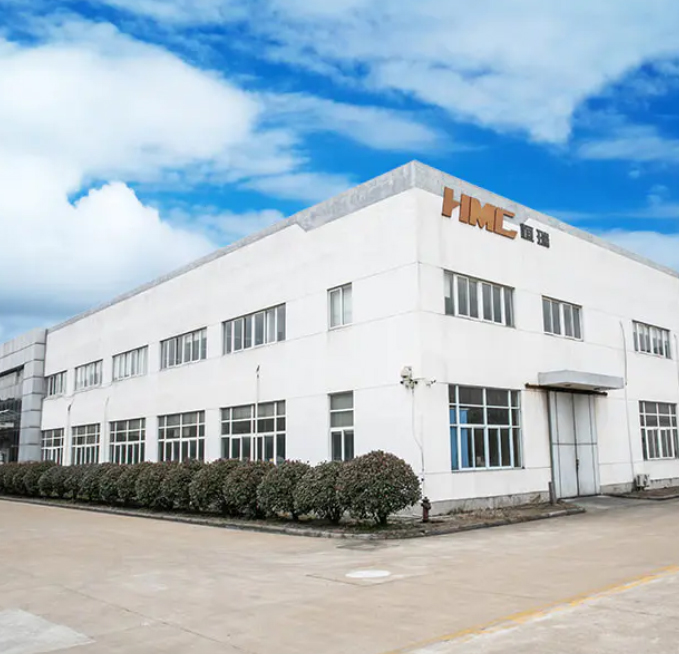What is a pressure washer and how does it work?
A pressure washer is a cleaning device that uses a high-pressure stream of water to clean various surfaces and objects. It is usually powered by an electric motor or a gas engine that pressurizes the water and ejects it.
The working principle of a high-pressure cleaner is as follows:
Water source and water intake: The pressure washer is connected to a water source, such as a mains water line or a bucket. The water source supplies the water required by the machine.
Water pump and pressure regulation: The water pump draws water into the machine and applies high pressure, usually measured in kilowatts or hundreds of watts. The pressure can be adjusted by the regulating device to suit different cleaning tasks and requirements.
Nozzles and heads: Pressure washers come with different types of nozzles and heads, which can be changed as needed. These nozzles and jets can adjust the angle and shape of the water to produce the desired spray pattern and intensity.
High-Pressure Water Jet: By operating a switch or trigger, a pressure washer sprays a stream of pressurized water onto the surface or object to be cleaned. The high-pressure water stream quickly rinses and removes dirt, dust, oil, stains and other surface contaminants.
Auxiliary cleaners: Some pressure washers can be used with detergents or cleaning solutions for enhanced cleaning. Detergents can provide additional stain removal power for a more thorough cleaning process.
What are the typical uses for pressure washers?
Pressure washers have a wide range of applications across various industries and settings. Some typical uses for pressure washers include:
Exterior Cleaning: Pressure washers are commonly used for cleaning the exterior surfaces of buildings, including walls, windows, roofs, and facades. They can effectively remove dirt, grime, mold, algae, and other contaminants from different types of surfaces, such as concrete, brick, wood, and metal.
Vehicle Cleaning: Pressure washers are ideal for cleaning vehicles, such as cars, trucks, vans, motorcycles, and bicycles. They can efficiently remove mud, road salt, grease, and other residues from the exterior surfaces, as well as clean the tires, wheels, and undercarriages.
Driveways and Walkways: Pressure washers are effective in cleaning driveways, sidewalks, pathways, and other paved surfaces. They can remove dirt, oil stains, moss, mildew, and chewing gum, restoring the cleanliness and appearance of these areas.
Patio and Deck Cleaning: Pressure washers can be used to clean patios, decks, and outdoor furniture. They can remove accumulated dirt, algae, mold, and mildew, preparing the surfaces for refinishing, staining, or painting.
Fence and Gate Cleaning: Pressure washers are useful for cleaning fences, gates, and other outdoor structures made of wood, metal, or vinyl. They can remove dirt, grime, and weathering, revitalizing the appearance of these surfaces.
Industrial and Commercial Cleaning: Pressure washers find extensive use in industrial and commercial settings. They are used for cleaning equipment, machinery, manufacturing facilities, warehouses, parking lots, and more. They can effectively remove grease, oil, chemicals, and other contaminants from various surfaces.
Outdoor Furniture and Equipment: Pressure washers can clean outdoor furniture, grills, playground equipment, garden tools, and other outdoor items. They can remove dirt, debris, and stains, improving their appearance and usability.
Pool and Patio Cleaning: Pressure washers can be used to clean swimming pools, pool decks, and patio areas. They can remove algae, mold, mineral deposits, and other residues, maintaining a clean and safe environment.
 0
0
 English
English 中文简体
中文简体

















